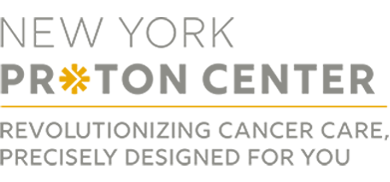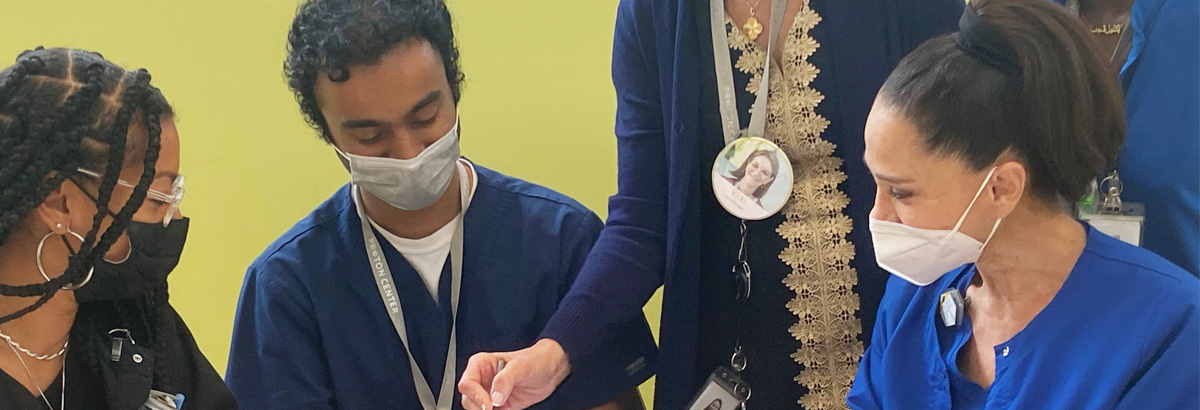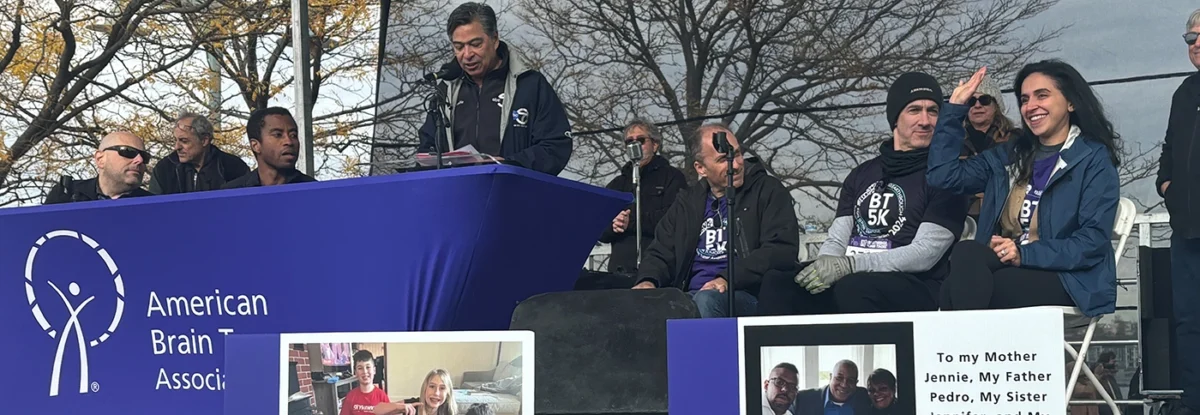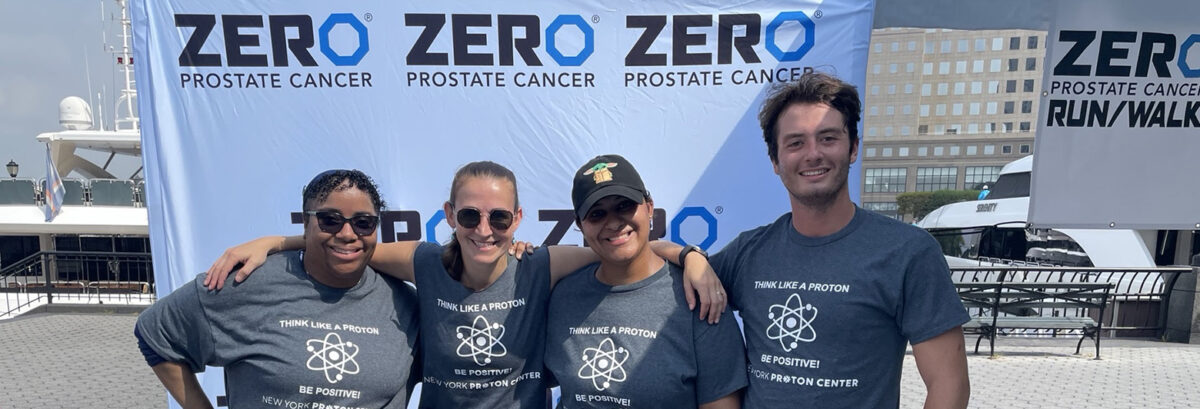Celebrating Our Nursing Unit Coordinators
Supporting a Center of Excellence
Health care facilities are complex organizations that rely on teams of doctors, nurses, technicians, maintenance people, facilities coordinators and administrative staff to collaborate efficiently to provide optimal patient care.
Today we are celebrating one of the crucial roles that makes sure centers of excellence like NYPC can function like a well-oiled machine: our Nursing Unit Coordinators!
NYPC’s Nursing Unit Coordinators support medical staff by performing a variety of roles — including scheduling patient visits with their radiation oncologist and nurse during and after proton therapy, coordinating chemotherapy and radiation therapy treatment times, facilitating communication between patients and various members of the radiation oncology team, and supporting the day-to-day activities of the nursing clinic.
Nursing Unit Coordinator, Aditya (Adi) Nair
We spoke with NYPC’s newest Nursing Unit Coordinator, Aditya (Adi) Nair, as well as two of NYPC’s former Nursing Unit Coordinators — all of whom exemplify the dedication and support that this position brings to the medical team. These young professionals all joined the NYPC team following graduation from Cornell University.
Adi graduated from Cornell in May 2022 and plans to apply to medical school. In his role as a Nursing Unit Coordinator, Adi’s responsibilities include scheduling patient treatment visits, coordinating with doctors’ offices for prescriptions and medical orders, and ensuring all visitors to the center complete COVID-19 screening questionnaires.
As an aspiring physician, Adi says he greatly appreciates his new employee onboarding experience, which included shadowing various divisions within the NYPC such as our advanced imaging modality technicians, Research, and Radiation Therapy. To him, the most meaningful aspect of his job has been the ability to work with patients to resolve their concerns in a team-based medical environment.
Adi is also appreciative of the opportunity to “work with a lot of physicians and teams, and witness procedures that are not part of typical pre-med jobs.”
A First Year Medical Student’s Learnings
Justin Choi, a former Nursing Unit Coordinator at NYPC who recently left to become a first-year medical student at SUNY Downstate, was motivated to apply to the position because it provided an opportunity to gain valuable insight into the inner workings of healthcare. Justin says he
“learned how to interact genuinely and warmly with patients, especially since they are facing such a challenge when they come to NYPC,” and that he “also gained a better understanding of how healthcare is run, such as working around insurance and communicating with all the different care providers for a single patient.”
Justin witnessed first-hand the obstacles that can impede a patient’s access to proper healthcare. “Since this job allowed me insight into the small things that oftentimes hinder patient care, such as transportation, insurance, and communication, I hope to be a more well-informed physician that approaches patient care with an understanding of how these factors play a part in a patient receiving optimal medical care.”
Inspired by the NYPC Care Team
Jessica Ferber, now a first-year medical student at the University of Pennsylvania, was drawn to the position because of the potential to work alongside a wide variety of healthcare professionals.
“I wanted to learn what it felt like to be part of a healthcare team, and the position allowed me to not just see how the team works, but really to be fully intertwined and knowledgeable about how each role flows and impacts the patient experience from the first consult to the follow-ups many months or years after treatment.”
Jessica drew inspiration from the healthcare professionals at NYPC and, as a Nursing Unit Coordinator, she gained a particular admiration for the nurses she worked alongside. “The nurses at NYPC are some of the most caring, thoughtful, and selfless individuals I have ever met,” she said.
A key takeaway from Jessica’s time as a Nursing Unit Coordinator was the importance of being a team player in the healthcare field. She observed, “My experience at NYPC also showed me how team-based medicine and healthcare is. I directly saw how every single member of the team is vital to a positive patient experience. As a physician in the future, I will surely prioritize the team mentality and see that no individual is more or less important.”
We thank Adi, Justin, and Jessica for their immense dedication and invaluable contributions to patient care. Our work would not be possible without them.




